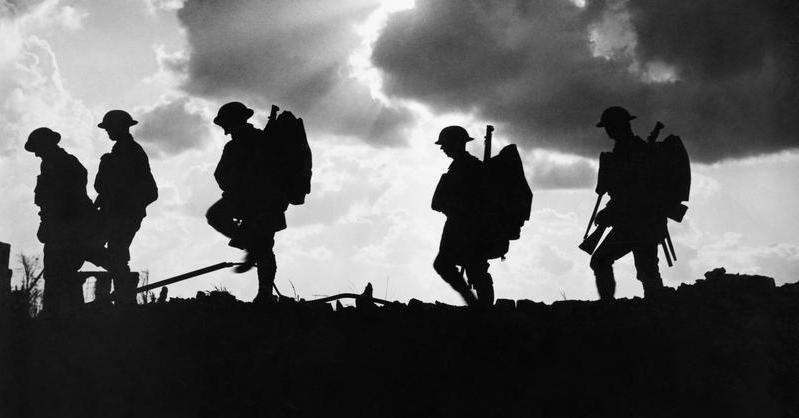Peterborough Archives Services is looking for help in obtaining information on servicemen from Scotland who signed the guestbook in an English tea stall during World War I. The soldiers, sailors and airmen were among servicemen from across the UK who stopped at Peterborough East Railway Station between 1916 and 1917.
The servicemen wrote messages, poems and drawings in two visitor’s books at the tea stall which was run by the Women’s United Total Abstinence Council. The archives service has found details on many of the visitors but would like help getting information on the rest.
This is part of a three-year history project that ends in January of next year.
Members of the military passed through the station as they traveled to and from the front line.
The service has found information on 350 of the 593 entries.
The Scottish regiments that appear in the visitor’s books are the Gordon Highlanders, the Seaforth Highlanders, the Argyll and Sutherland Highlanders, the King’s Own Scottish Borderers, The Black Watch, the Cameron Highlanders, and the Lovat Scouts.
Some of the Scottish names that appear in the books come from other Scottish regiments. There are also English, Welsh, Irish, Canadians and a Belgian listed.
Some servicemen only wrote their initials beside their messages. As an example, Sergeant JEH of the Gordon Highlanders wrote
“Off with a Draft at last. After Eighteen months hard work, And should another War draw nigh, I’ll never join the 2nd line.”
Information has been found on some of the entrants, such as George A. Browse of Linlithgow. He was a warrant officer second class with the Seaforth Highlanders.
He received the Military Cross for gallantry for his actions at the Battle of Arras in 1917.
After the war, he moved to Elgin in Moray. He played for the Elgin United football team and modeled for the town’s New Elgin War Memorial.
Browse will be featured in an exhibition about the project which will be held in the Peterborough Museum next year, BBC News reported.
Some of the visitor book messages were more light-hearted than others. One Scot wrote only, “A son fae Scotland.” Another wrote, “A Gay Gordon,” which is a reference to the music and dance that are associated with the Gordon Highlanders.
